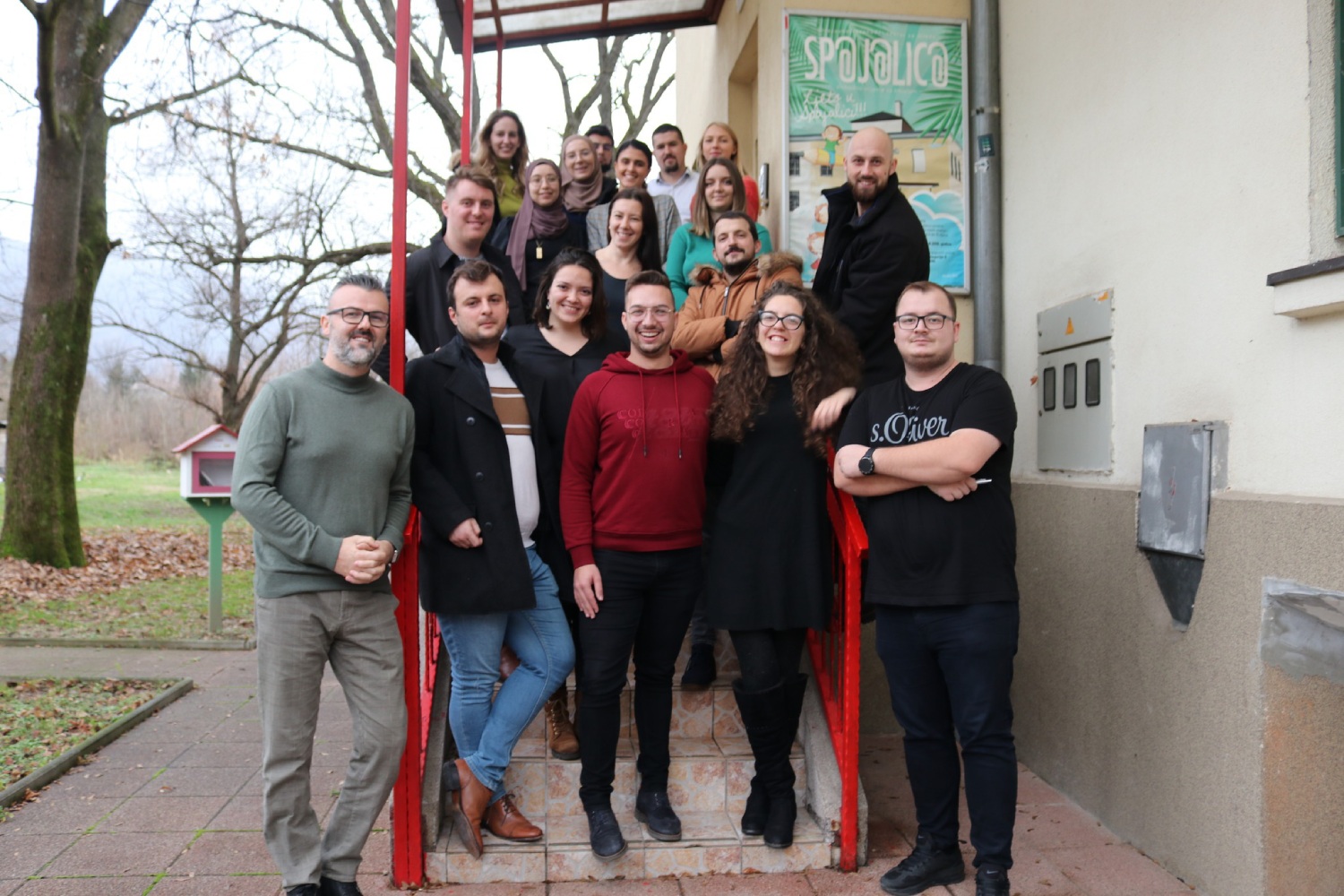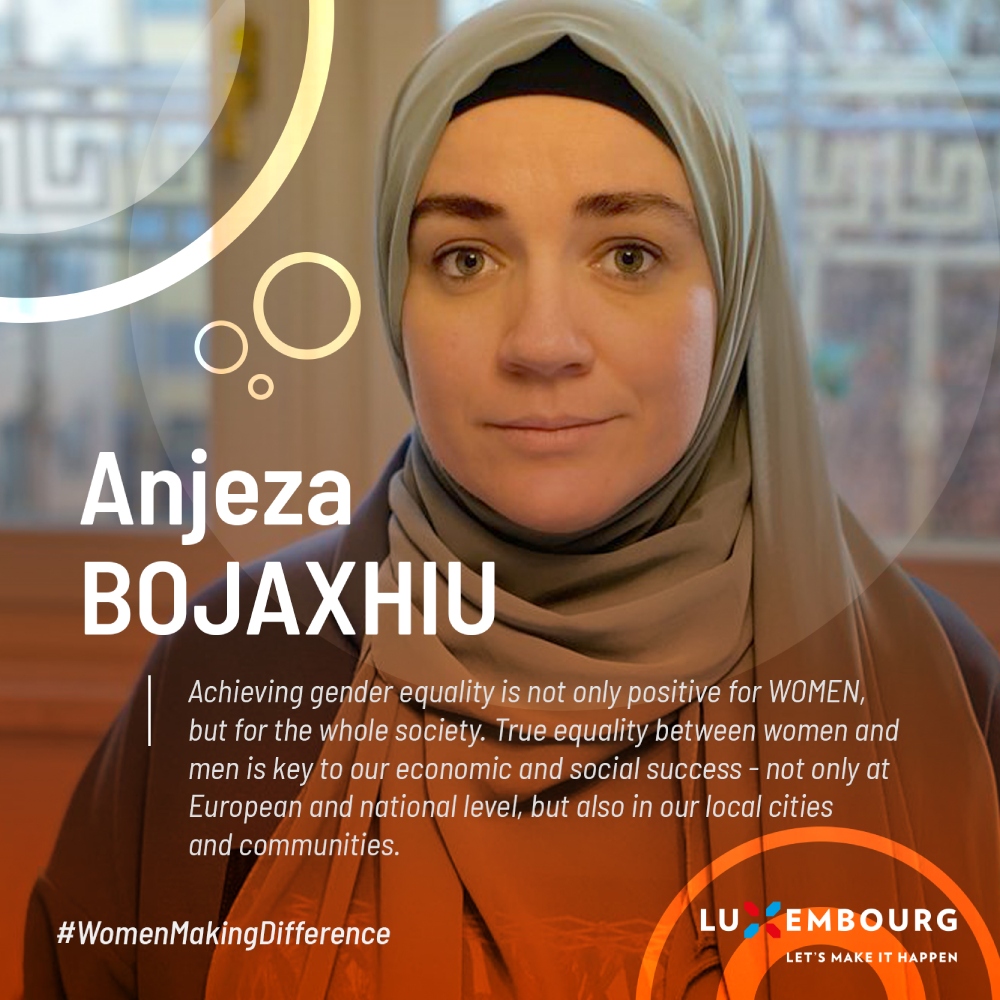In 2021, the Institute continued its longstanding practice of monitoring the implementation of youth-related legislation across all levels of government in BiH. The tiPra.me platform is an innovative tool for monitoring the implementation of youth laws in Bosnia and Herzegovina and provides a simple overview of policy measures and activities aimed at young people.
All institutions with legal obligations towards young people were sent a questionnaire to fill out. The questionnaire includes various questions, such as whether the institution has a youth strategy, an allocated budget for young people, a designated youth officer, a list of youth associations, a youth center, and a youth commission that includes youth representatives.
This questionnaire was sent to 242 institutions. A total of 159 responses were received, which shows that over 65% of institutions are transparent about their work with and for youth. Answers to the questionnaire were provided by 105 local self-government units (municipalities and cities), eight competent ministries at the entity and cantonal levels, and 46 other ministries at the entity and cantonal levels that oversee areas crucial for young people.
In 2021, there has been a notable increase in government institutions adopting strategic documents focused on youth (youth policies/strategies), which is largely the result of ongoing efforts led by the Institute for Youth Development KULT. The Institute works closely with various government institutions, actively engaging in research on youth issues, conducting analyses, and advocating for adopting strategies to improve young people’s position. Through collaboration with government institutions, the Institute has facilitated the development of long-term plans focusing on youth issues. These efforts have helped institutionalize support across critical areas like education, employment, social and health services, security, and youth activism. It’s important to note that government institutions are increasingly prioritizing the implementation of strategic documents, ensuring they fulfill their legal obligations towards young people effectively.

Based on the questionnaire responses, there are concerningly low levels of youth participation in youth commissions across various government levels. Despite the legal provisions in all three laws on youth in Bosnia and Herzegovina for establishing youth commissions as permanent bodies with youth representatives, this is not the case as yet. A significant number of institutions have still not fulfilled this obligation.
The collected data also indicate a significant rise in the number of youth officers in Bosnia and Herzegovina. This gives us hope that government institutions in BiH are recognizing the importance of complying with the law and fostering ongoing collaboration with young people and youth organizations. Government institutions should prioritize the development, training, and capacity building of youth officials to engage with young people effectively.
It is also important to mention public funds allocated to young people, also included in the questionnaire. Government institutions provide information on funding for youth projects and overall youth-related budget allocations, which include scholarships and funding allocated to the FBiH Youth Council or the Republika Srpska Youth Council. Upon analyzing the data submitted by government institutions, it was noted that very few provided data on public funds allocated for youth projects and other youth-related funding.
All three Laws on youth applicable in Bosnia and Herzegovina (the Law on Youth of the Federation of BiH, the Law on Youth Organization of Republika Srpska, and the Law on Youth of Brčko District of BiH) mandate the development of a youth strategy or youth policy. They also require the participation of young people in decision-making processes (including their involvement in youth commissions at all administrative levels), the appointment of youth officers in institutions responsible for youth affairs and budget allocations for youth projects, and other funding allocated for youth.
The Institute is grateful to the Youth Council of the Federation of Bosnia and Herzegovina and the Youth Council of Republika Srpska for their support in the data collection. The Institute continues to monitor the implementation of policies, programs, and measures targeted at young people to ensure compliance with Bosnia and Herzegovina’s youth laws.
















Leave a comment